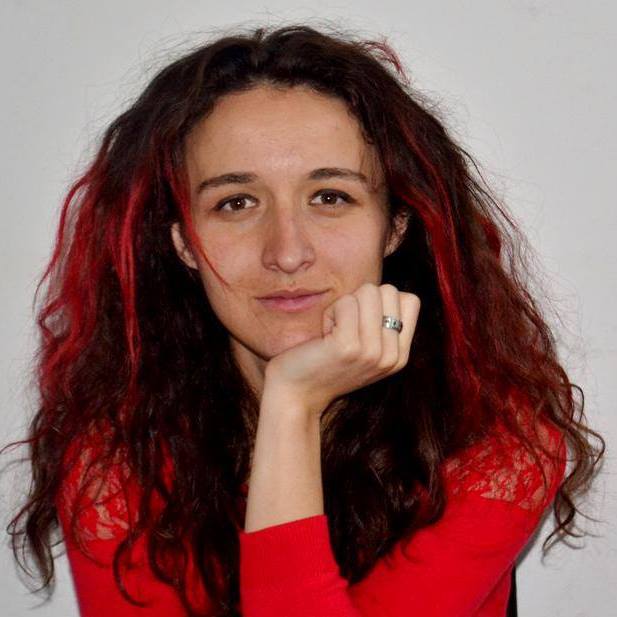Projects
My Neighbor Ana
Mariam Bakacho KHATCHVANI
- Georgia
- 80min
- DCP
Social&Human Interest
Synopsis
The main character is my 19-year-old neighbor Ana. She lives in the highest village in Europe, home to many tourists. Ana is an only child, and two years ago, when her father died, she decided to open a guesthouse to help save money for university. However, as she doesn’t have enough money to convert the house into a guesthouse, Ana decides to take a loan from the bank. The bank credit manager asks her to show proof that she is the official owner of the house and land. Ana starts collecting the necessary documents, but she needs consent from her uncle, cousins, and at least five neighbors. First, Ana asks her cousin to help with the documents, but her cousin refuses, saying that she is a woman and they do not give property to women. Ana tries to explain to her cousin that she needs the money, it is her father's land and house, she is the only child and all the property of her father belongs to her. Yet there are strict rules and traditions that govern such matters, and I look forward to seeing who shall prevail.
Review
My village is like a paradise, and it is full of tourists in the summer. Business is good for the inhabitants, but with the influx of money, many warm relationships have changed. Now the locals squabble over land, and if a man has only daughters and lacks a male heir, he's obliged to leave the house and land to his clan. Yet according to the law, the land belongs equally to both girls and boys, but the people in the mountains don't follow the law and give the land only to the male heir. If there’s no son in a family, they should leave the house to a cousin, or someone with the same family name, leaving the daughters without a home. I spent a long period in my village to observe the people, discovering that some girls do not have a problem with these rules, while some are demanding change. Here, I found my neighbor Ana, who is more open and strong and has decided to fight for her land and home.
Director
-

Mariam Bakacho KHATCHVANI
Credit
- Producer테무라즈 치크비미아니 Teimuraz CHKHVIMIANI
